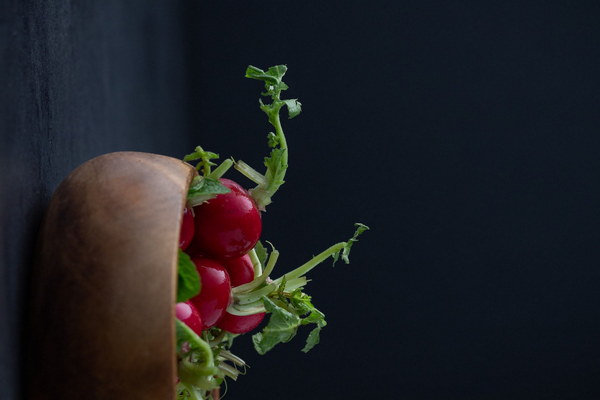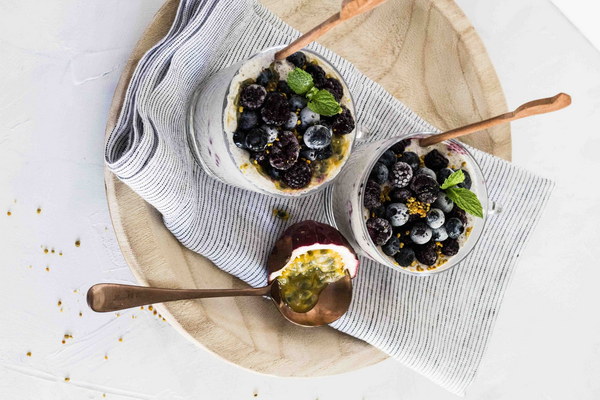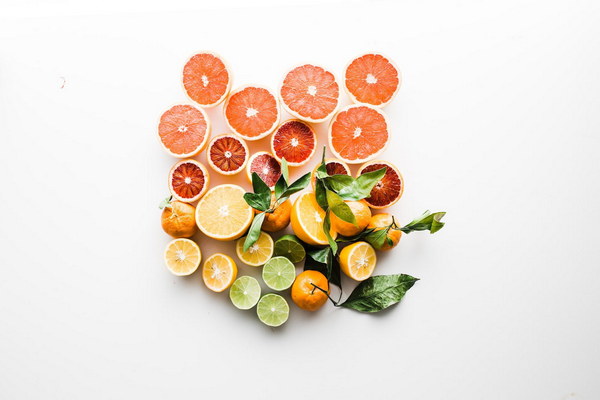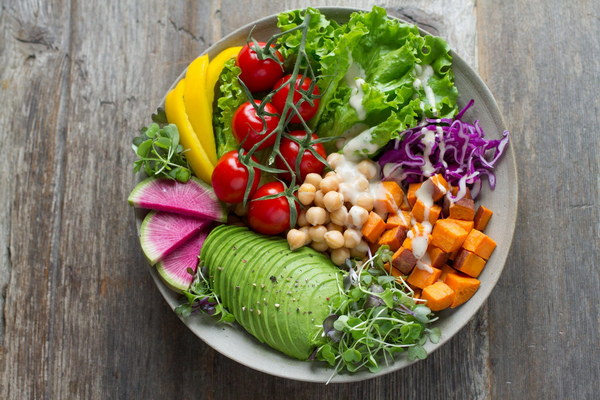Does Licorice Hold the Secret to Youthful Skin
In the realm of traditional Chinese medicine, licorice has long been celebrated for its numerous health benefits. But does licorice possess the power to maintain youthful skin? This article delves into the mysteries surrounding licorice's potential as a beauty enhancer.
Licorice, also known as Glycyrrhiza uralensis, is a plant native to Asia that has been used for thousands of years. It is revered for its ability to treat a wide range of ailments, from inflammation and ulcers to skin disorders. However, it is licorice's potential to improve skin health that has captured the attention of many beauty enthusiasts.

The secret to licorice's skin-enhancing properties lies in its active compound, glycyrrhizin. This compound is known to possess anti-inflammatory, antioxidant, and skin-lightening properties, which are crucial for maintaining a youthful complexion.
One of the primary reasons licorice is beneficial for the skin is its anti-inflammatory effects. Inflammation is a major contributor to premature aging and can lead to a host of skin issues, including acne, redness, and hyperpigmentation. By reducing inflammation, licorice helps to calm the skin and prevent these problems from occurring.
Furthermore, licorice is a potent antioxidant, which means it can neutralize harmful free radicals that damage the skin and accelerate the aging process. Free radicals are unstable molecules that are produced as a byproduct of metabolism and are also present in the environment. They can damage the skin's cells and lead to the formation of wrinkles and fine lines. By fighting off free radicals, licorice helps to protect the skin from these damaging effects and promote a healthier, more youthful appearance.
Another remarkable property of licorice is its skin-lightening abilities. Hyperpigmentation, often caused by sun damage, can leave the skin looking splotchy and uneven. Licorice's skin-lightening properties work by inhibiting the production of melanin, the pigment responsible for the color of our skin, hair, and eyes. This makes licorice a valuable ingredient in products designed to even out skin tone and reduce the appearance of dark spots.
Despite its numerous benefits, it is essential to note that licorice is not a magic solution for all skin problems. Some individuals may experience irritation or allergic reactions to licorice, especially in higher concentrations. It is always recommended to patch-test new products containing licorice to ensure that your skin can tolerate them.
Incorporating licorice into your skincare routine can be as simple as using a cleanser, moisturizer, or serum that contains licorice extract. Additionally, licorice can be found in a variety of beauty products, such as masks, spot treatments, and anti-aging serums.
In conclusion, licorice does indeed hold promise as a natural beauty enhancer. Its anti-inflammatory, antioxidant, and skin-lightening properties make it a valuable ingredient for those seeking to maintain youthful, healthy skin. However, as with any skincare product, it is essential to use licorice responsibly and consult with a dermatologist if you have any concerns or allergies. With proper usage, licorice may just be the secret ingredient you have been searching for to achieve that radiant, youthful complexion.









